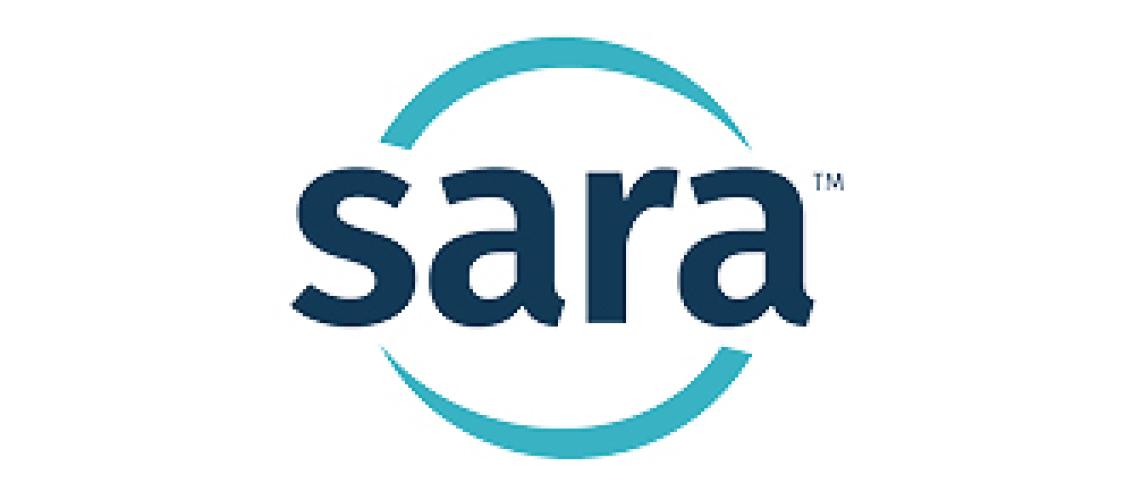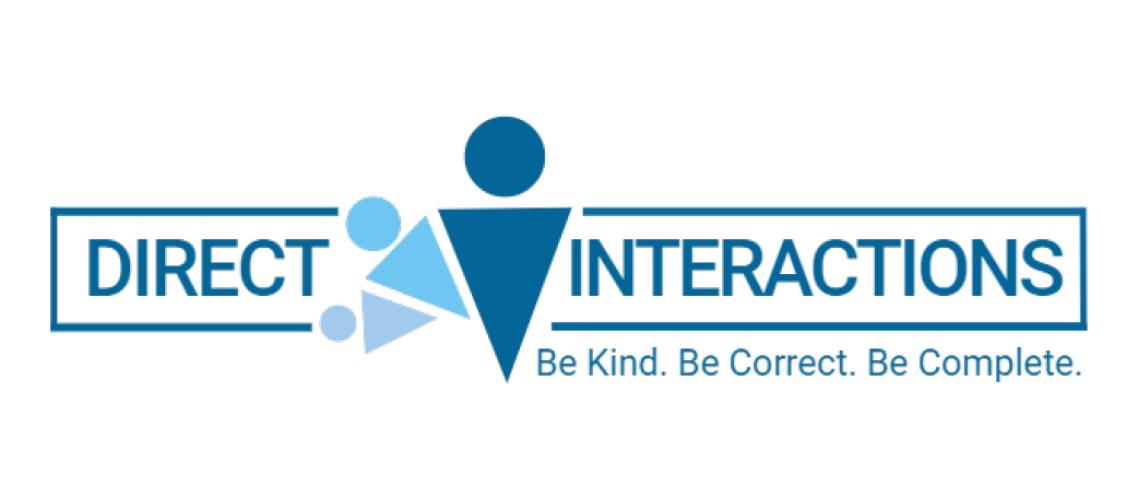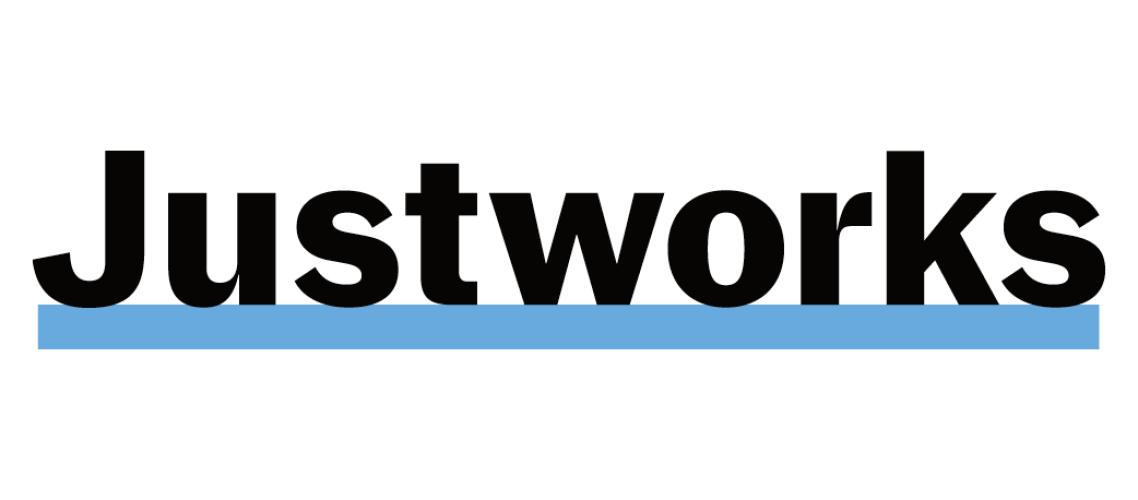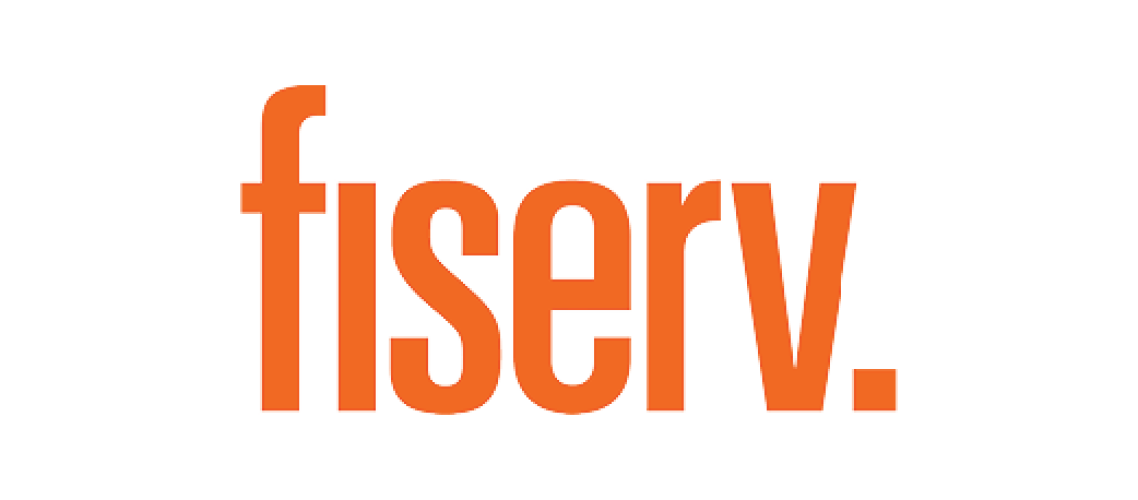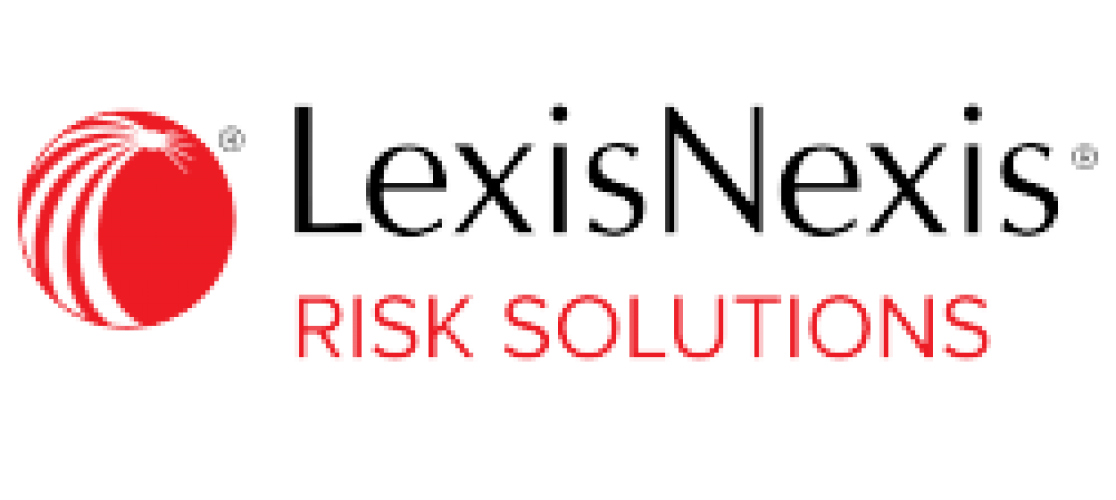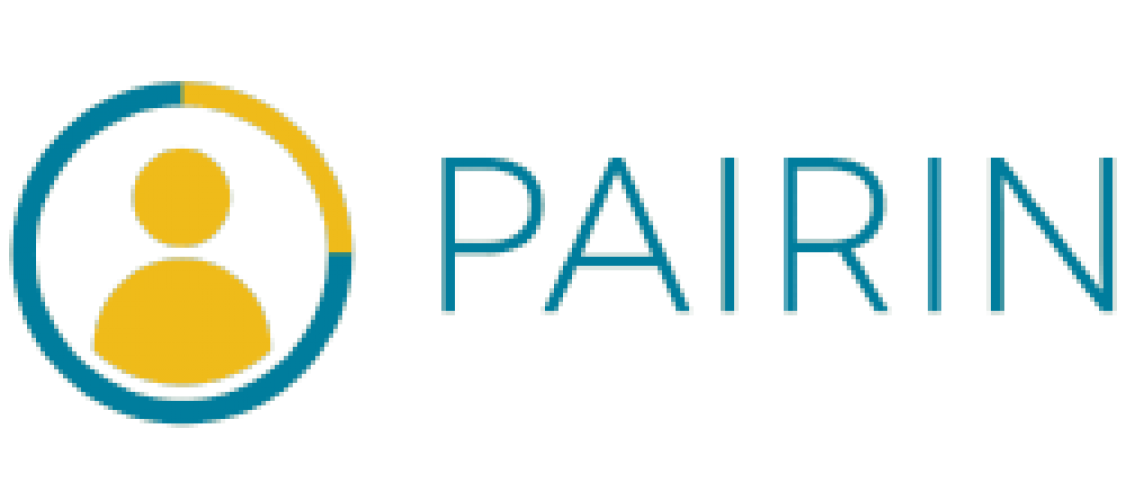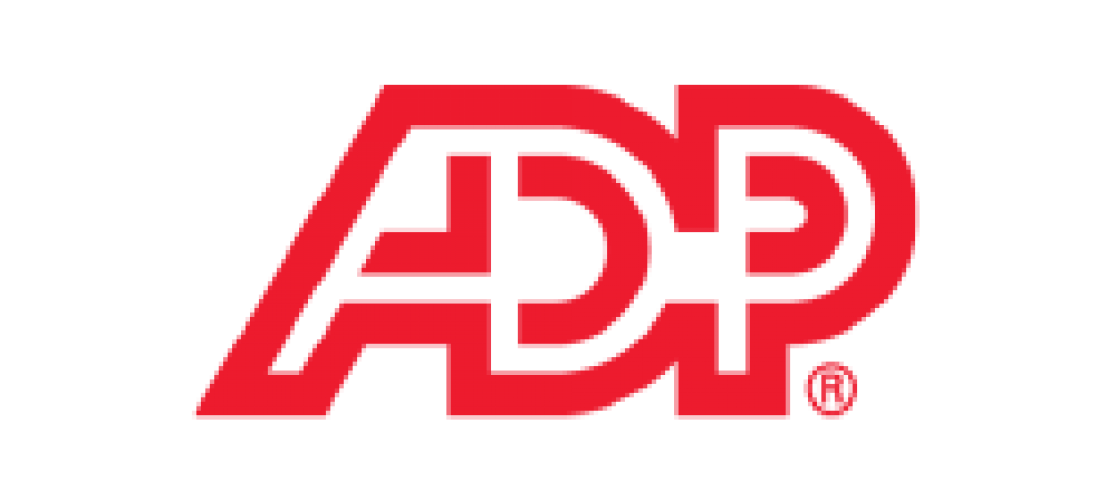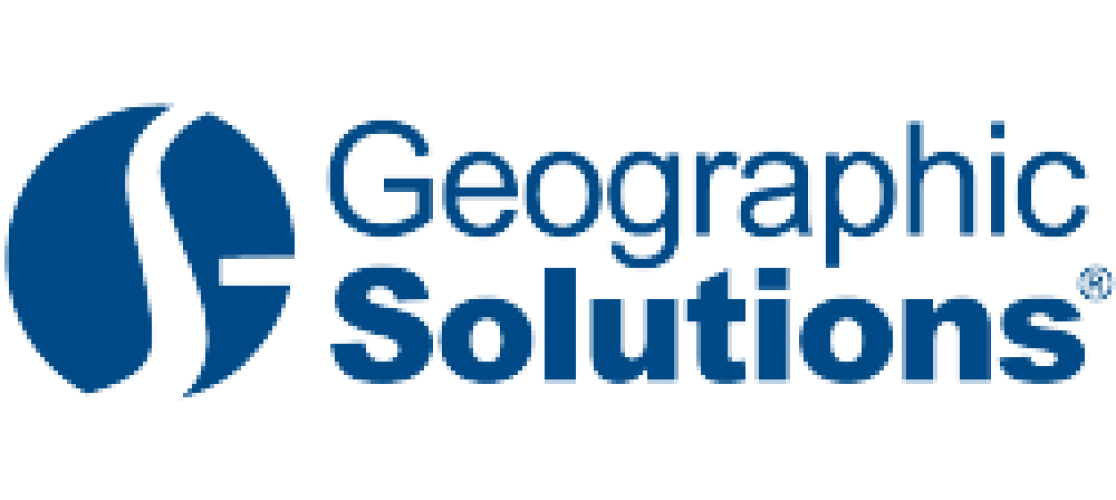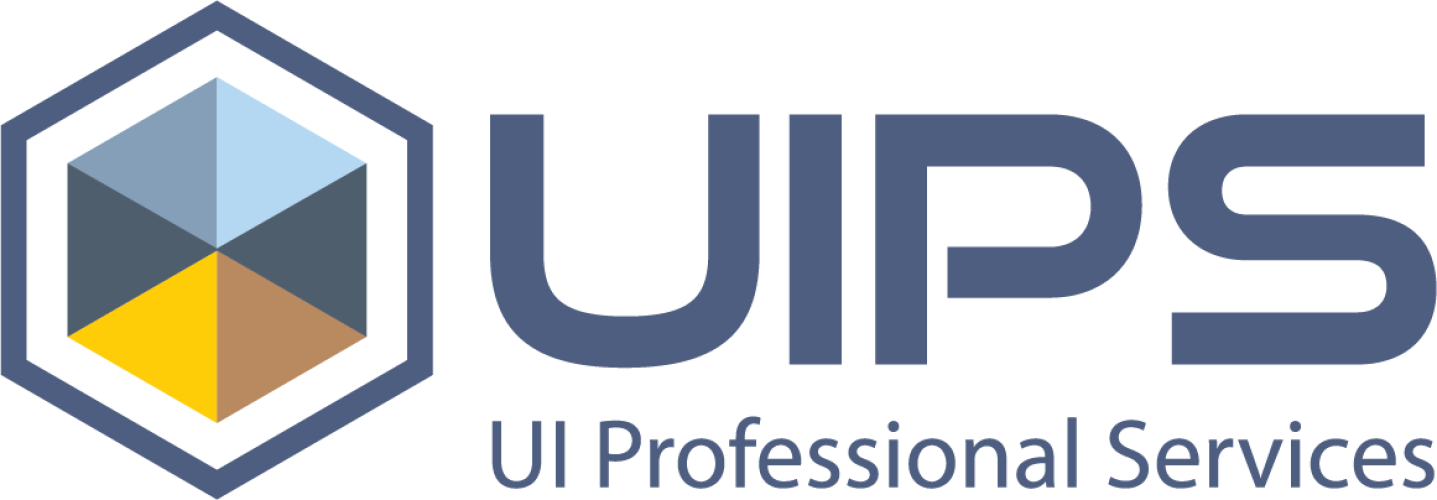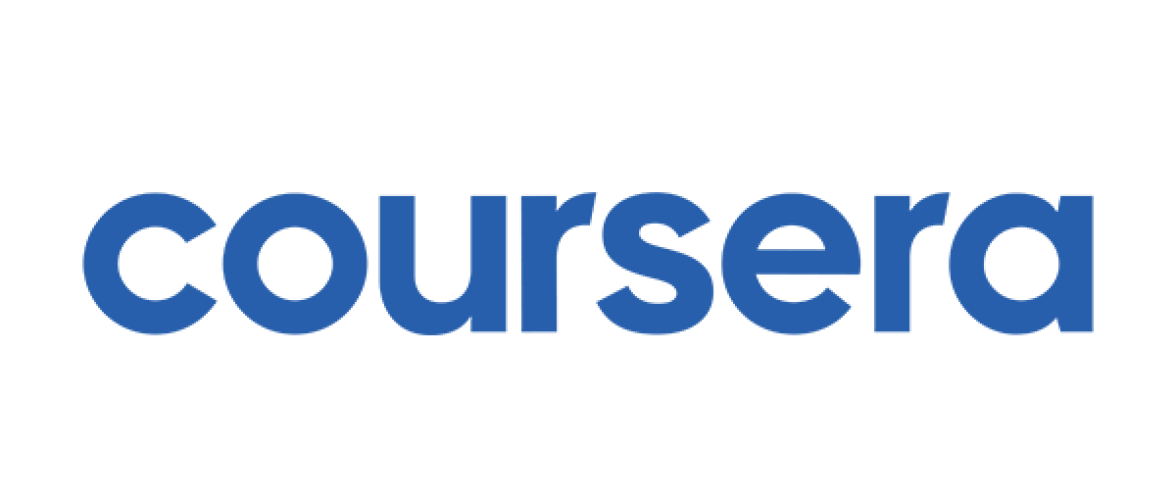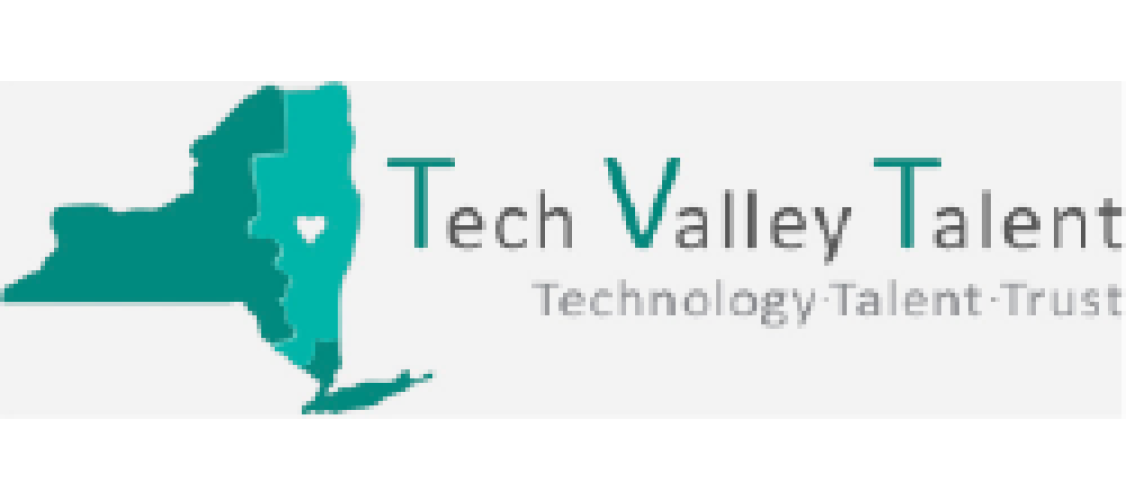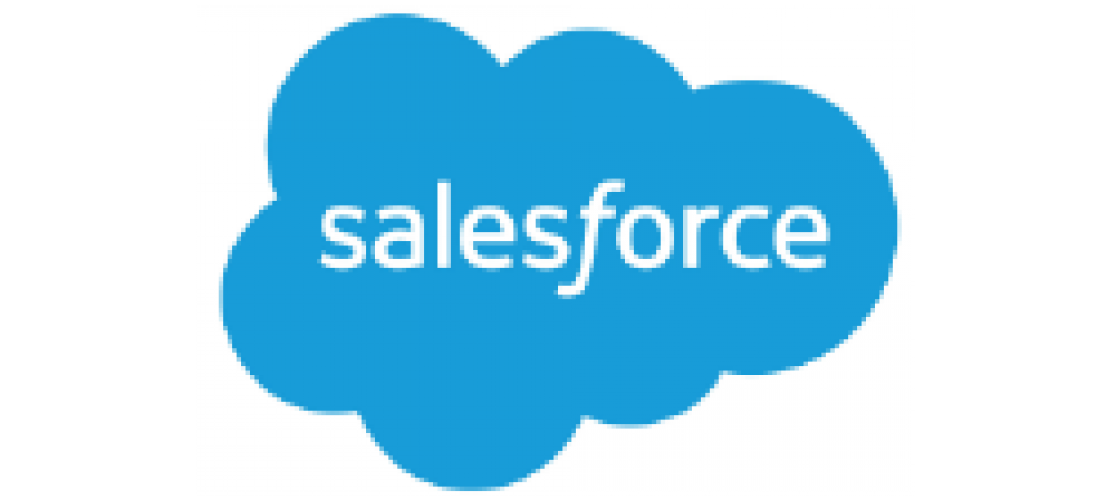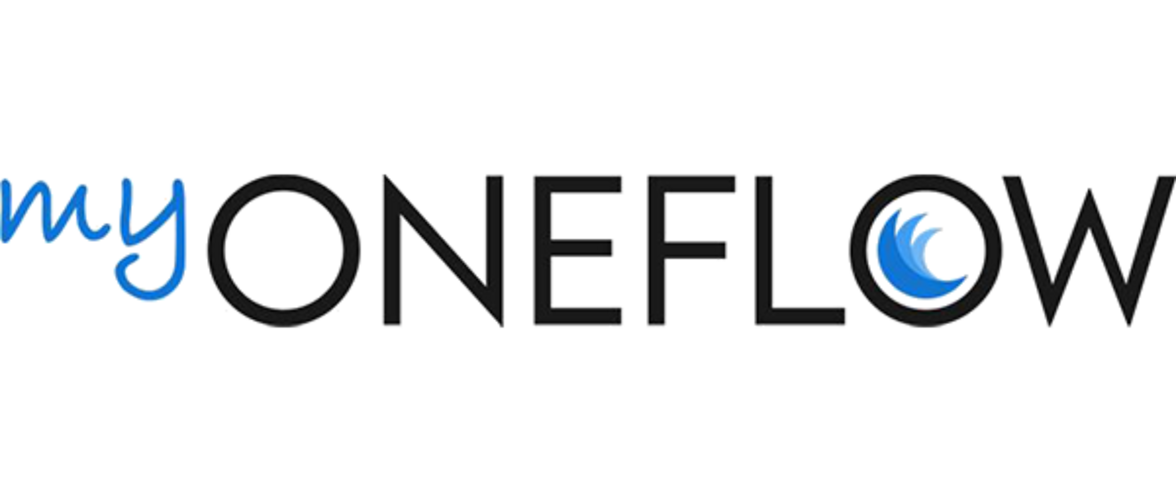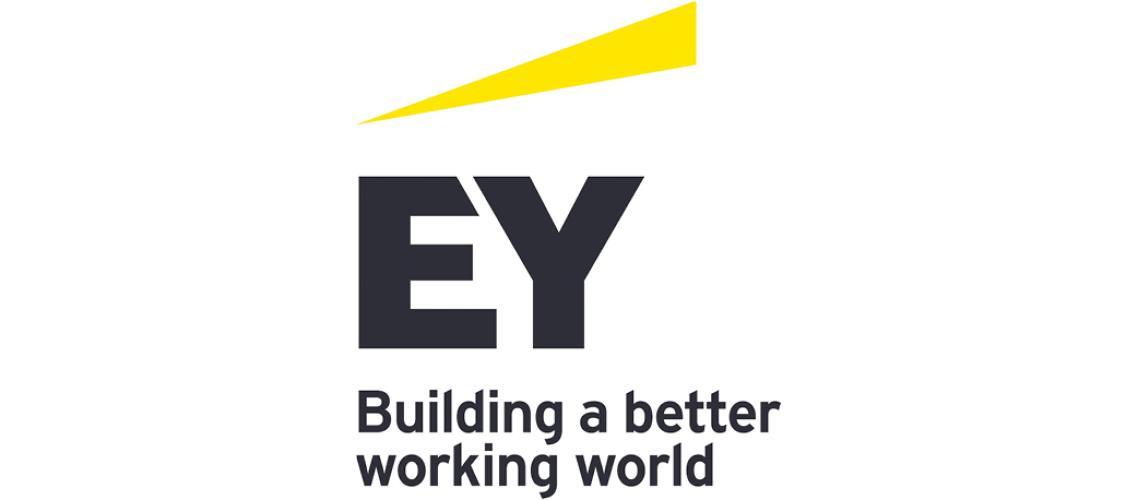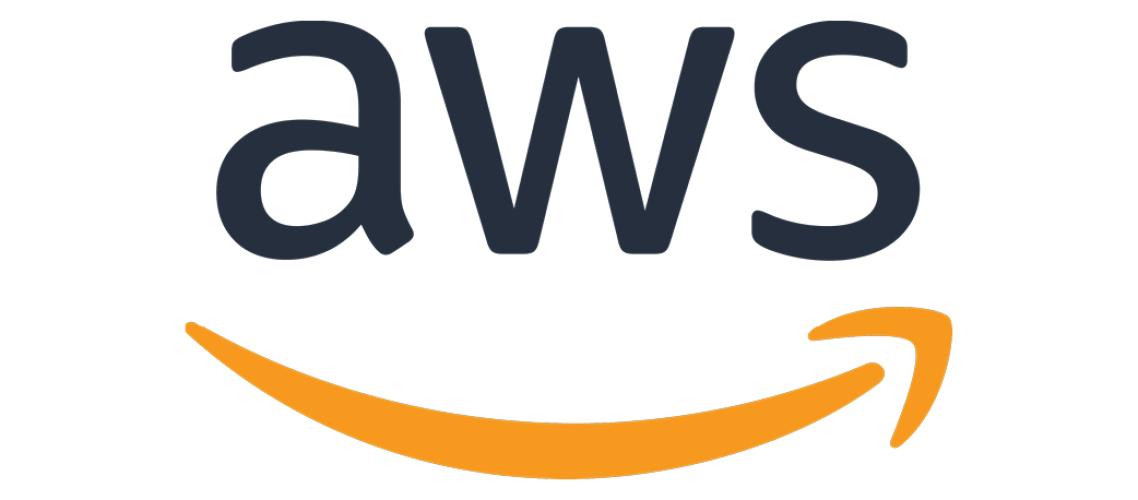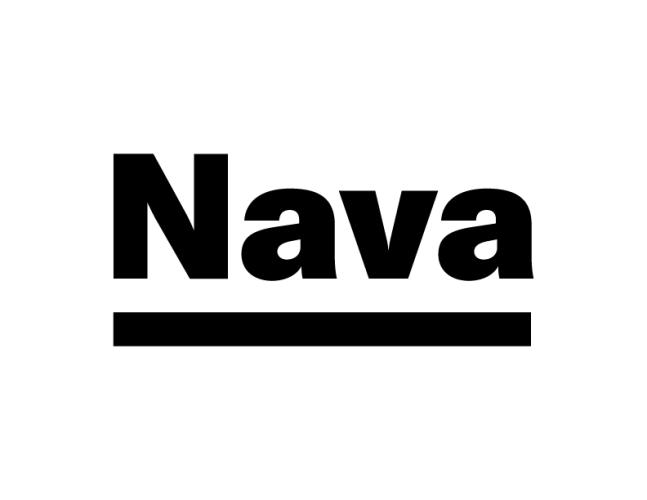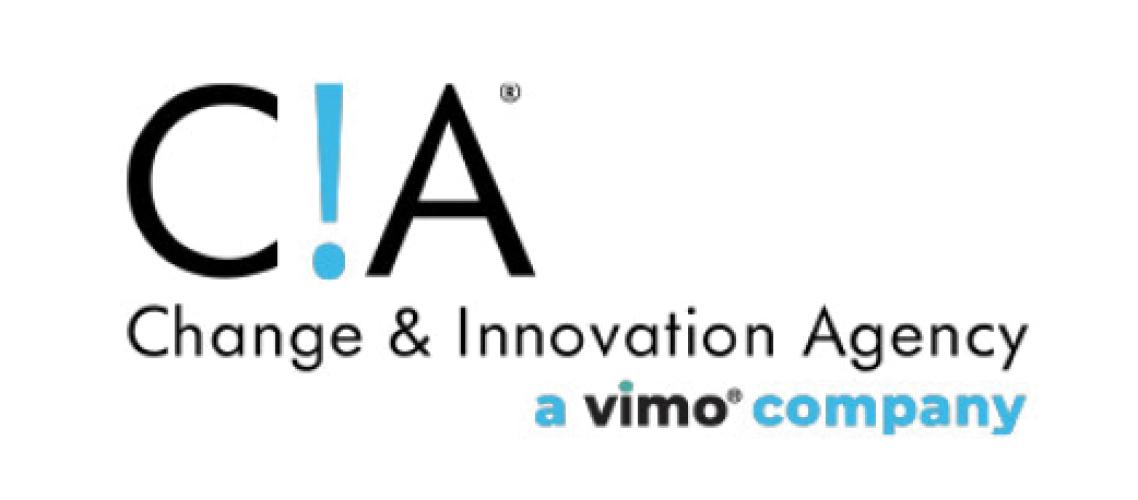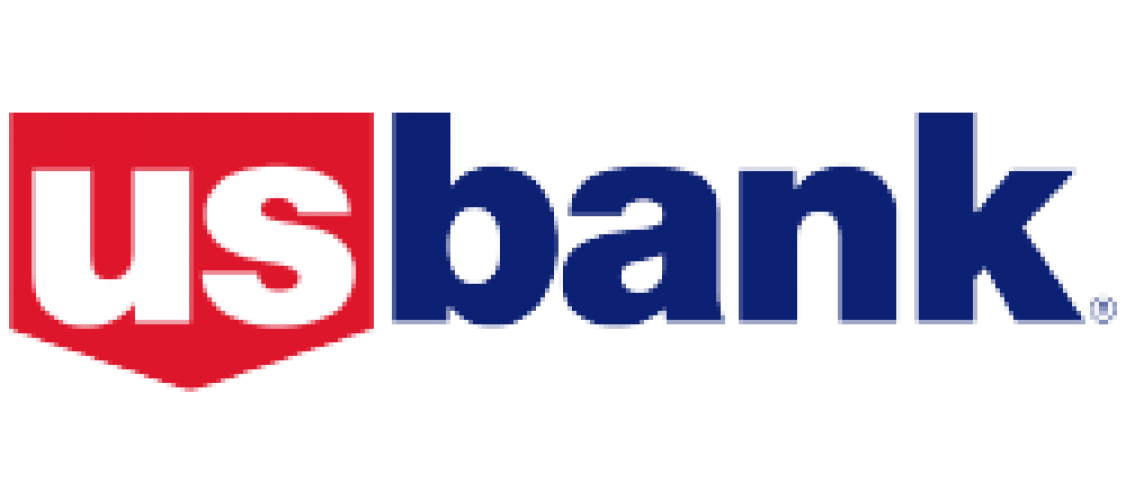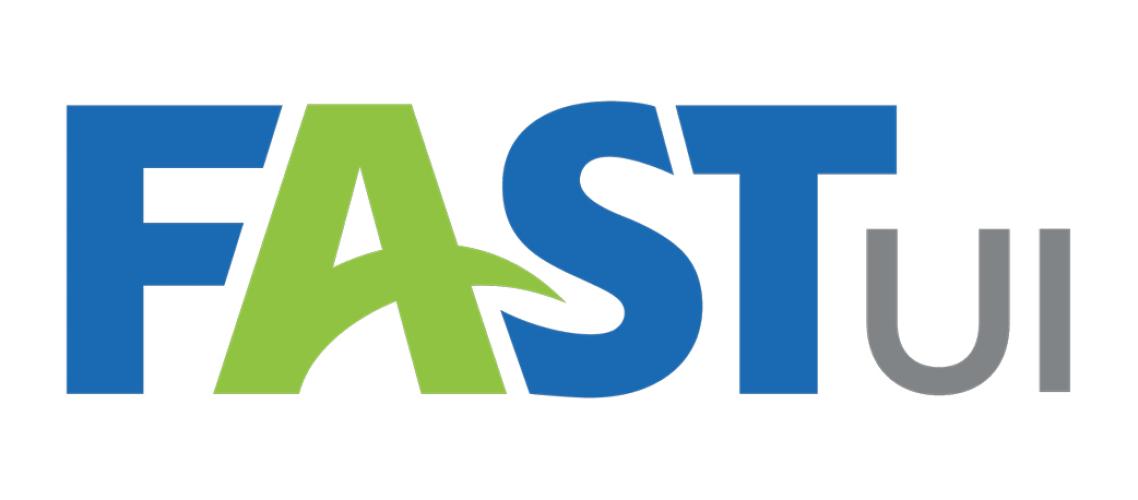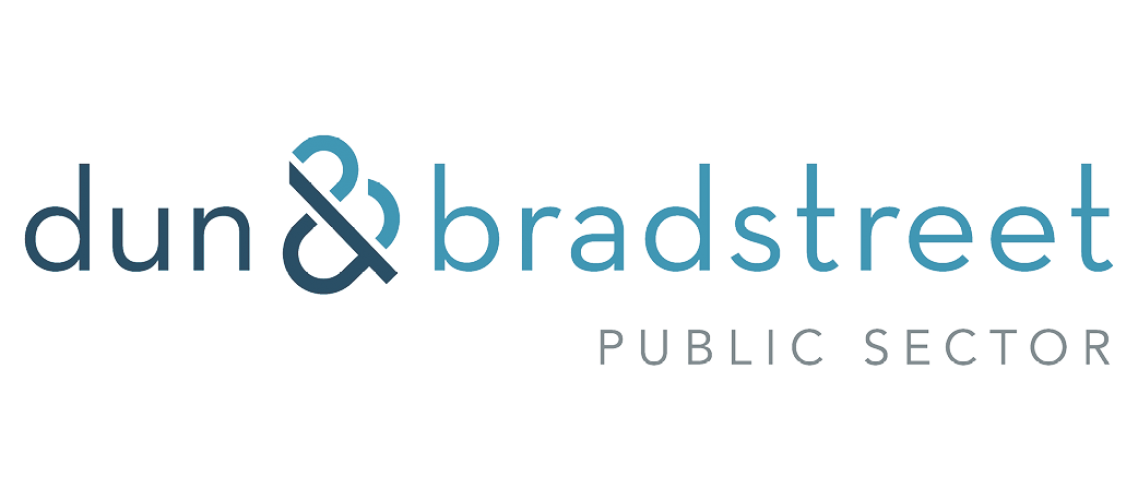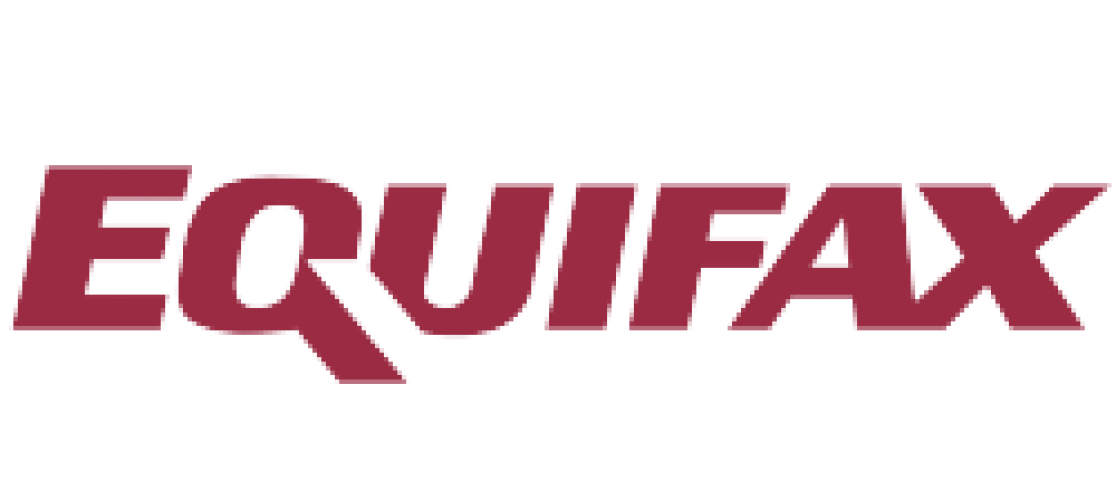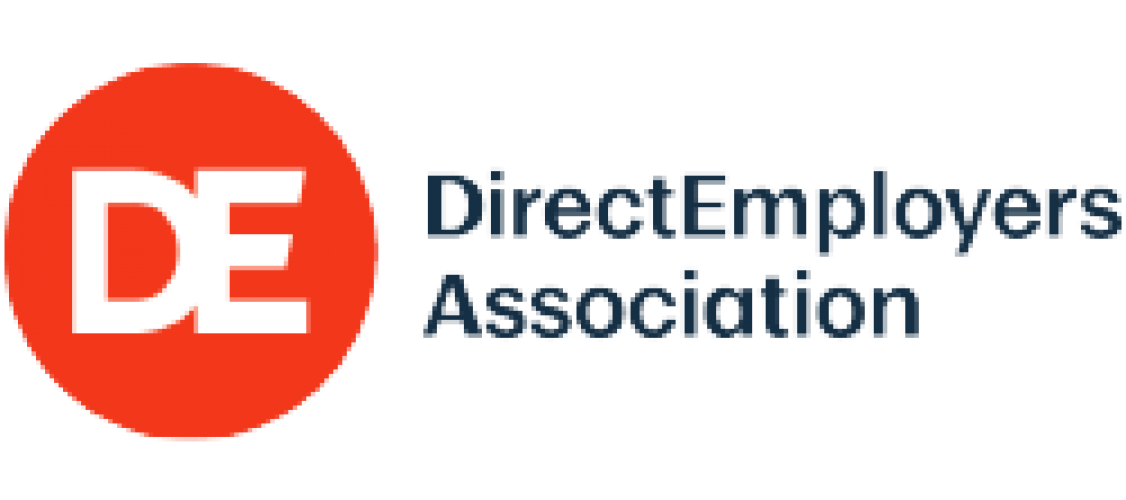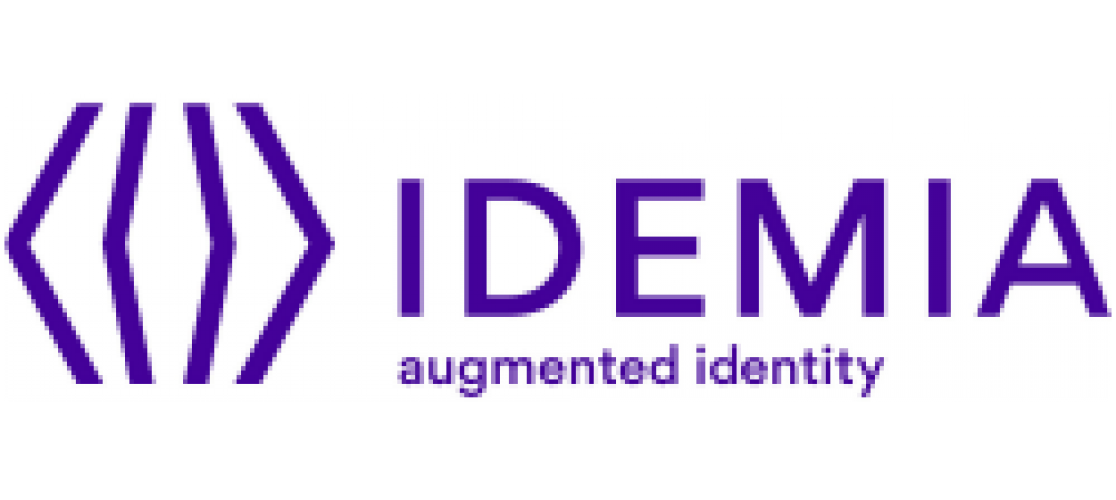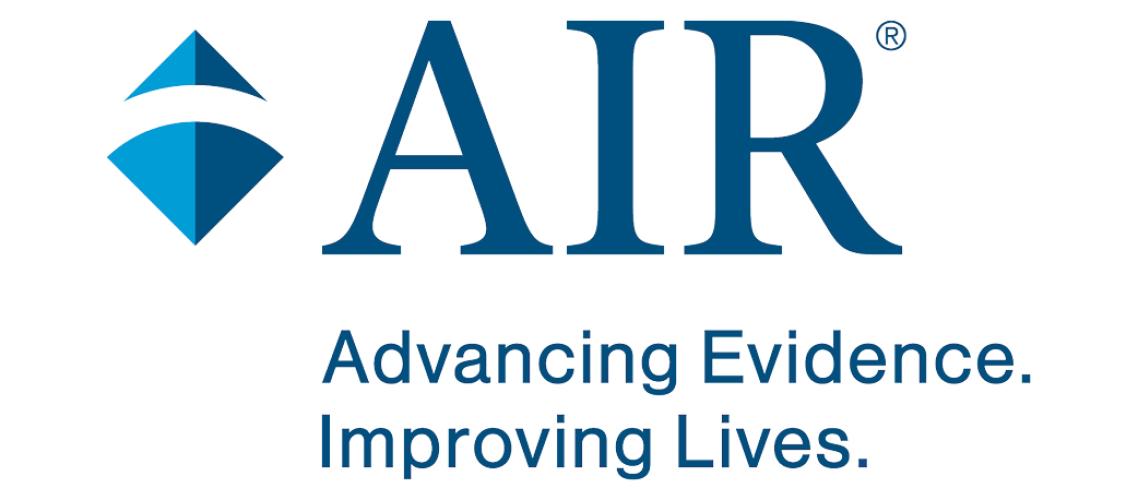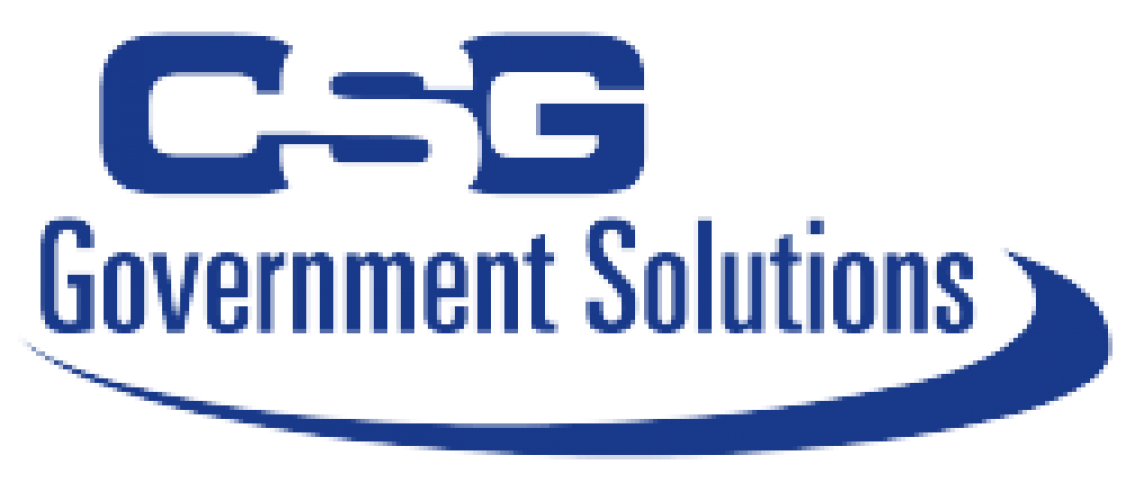IT Award Nomination Washington
Washington IT Award Nomination: Paid Family and Medical Leave Technology Platform
Contact Information of Individual Submitting Nomination
Nominator: Carla Reyes
Email Address: carla.reyes@esd.wa.gov
Agency Name: Washington State Employment Security Department
Paid Family and Medical Leave Technology Platform
In 2017, Washington became the fifth state to pass a Paid Family and Medical Leave law and the first to not build it on top of a Temporary Disability System. Within 24 months, of signing the law, the premium collection system was up and running and within 30 months, the benefits system was live. A key implementation component was procurement, design, build and implementation of a new technology platform. In order to meet the aggressive timeline, the project established a change tolerant culture, adopted Scrum Methodology and an Agile mindset, and applied ruthless prioritization to define Minimally Viable Product for iterative deployment. This innovative approach was more aligned with technology industry standards than traditional government technology projects. Our goal: launch and last—continuing to iterate our product to meet the ever-evolving needs of customers. As a result of the application of these innovative approaches, benefits launched on budget and, not just on-time, but three days early. Especially since most remaining states do not have TDI systems on which to build, Washington’s is a model for others within the state and nation. Agency staff, advocates and lawmakers regularly seek updates on our implementation and advice on how to launch programs successfully.
Describe the series of accomplishments the nominated state has made in information technology over multiple years. Response (400 word limit).
Washington’s implementation of technology yielded many accomplishments including:
- Implemented early and on budget to provide critical services to Washington employers and employees.
- ESD functioned as the System Integrator allowing us to manage our responsibility more closely. This coupled with co-location of resources, nurtured a seamless partnership between state, consultant, and vendor staff maximizing collaboration and applied expertise.
- Adopted agile mindsets and practices to deliver products incrementally with limited up-front definition. Including adopting agile contracting techniques.
- Leveraged componentized system architecture to support parallel development across 6 teams.
- Implemented performant, secure, and extensible systems that support expansion for other programs.
- Launched public-facing websites to provide information and resources that yielded over 80% program awareness and helped customers navigate the system.
- Used execution of work, a culture of transparency, and frequent retrospectives to improve processes and quickly apply adjustments.
- Supported the frequent need for change with dedicated change management, focused on coaching individuals through change.
- Implemented automation to support repeatable processes including regression testing, security analysis, and deployment.
- Leveraged a “beta” small-scale launch process and then a “soft launch” to validate technological, staff, and customer readiness and quickly adjusted supports for the full-scale launch.
- Established processes to evaluate user experience, usability, and accessibility.
Identify how the nominated state has contributed to the greater workforce development community as well as his/her individual state. Response (400 word limit).
Negotiated by a diverse group of stakeholders representing employer and employee communities and passed with bi-partisan support, Washington’s law:
- Gives workers a portable benefit and time to care when they need it.
- 39 Apprentices, 25 Steady Jobs: Following the first five cohorts, 39 apprentices were offered training. Of those, 25 earned all required certifications and were given full-time job offers by Lockheed Martin. All 25 are still employed by Lockheed Martin today.
- Strengthens companies’ ability to attract and retain talent by enabling a compelling benefit for all staff.
- Shares the costs between employers and workers.
- Offers small business assistance helping offset costs.
Dozens of states have asked how we successfully implemented a complex technological solution and we frequently share best practices and lessons learned. We hosted a national paid leave convening where we shared our culture, environment and knowledge. Organized by advocacy organizations, as a part of the convening, we allowed attendees to tour our facility, spoke on panels to share best practices and key learnings, and helped shape the event. As the nation grapples with important policy questions about these laws and how to deliver better government technology solutions, Washington leads the way. In fact, other states have used our policy and efforts as a model for their own (see Oregon). We are demonstrating how to successfully implement a program that supports workers and businesses in the greater workforce development community.
Samples of work
WA - Sample 1 NASWA Technology Award Exhibits 2020.pdf (1.2MB)
WA - Sample 2 House Ways and Means Paid Leave testimony 2020.pdf (169.4KB)
WA - NASWA Award Nomination PFML - Merrill Baumgardner 2020.pdf (71.6KB)
